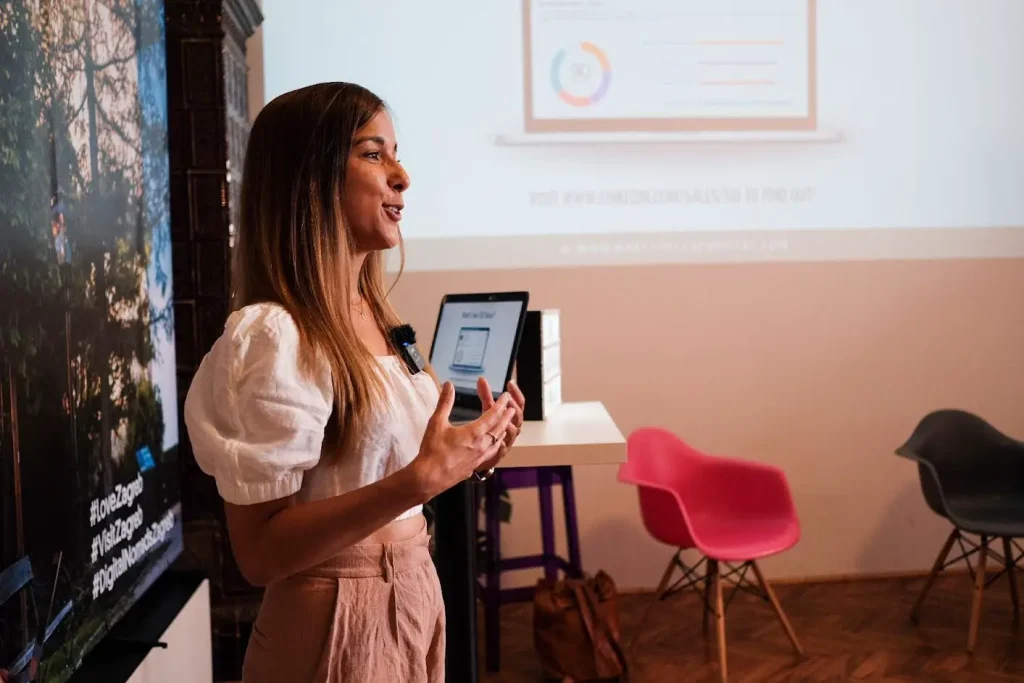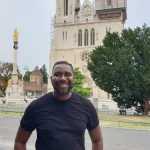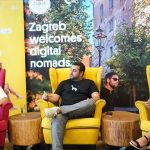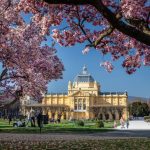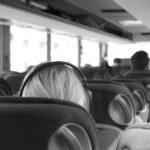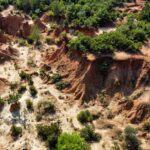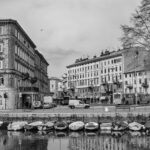It is a few weeks now since the conclusion of Zagreb Digital Nomad Week 2021, the first conference of its kind in the Croatian capital. There was plenty of positive energy throughout the week, despite the heat, including several inspirational speakers. Among them was Mandy Fransz from the Netherlands, who flew in for the event, before continuing her Croatian nomad journey to the Adriatic, where she worked remotely for a couple of weeks after the conference. TCN caught up with Mandy to get her perspective on the future of remote work, and the opportunity for both Zagreb and Croatia.
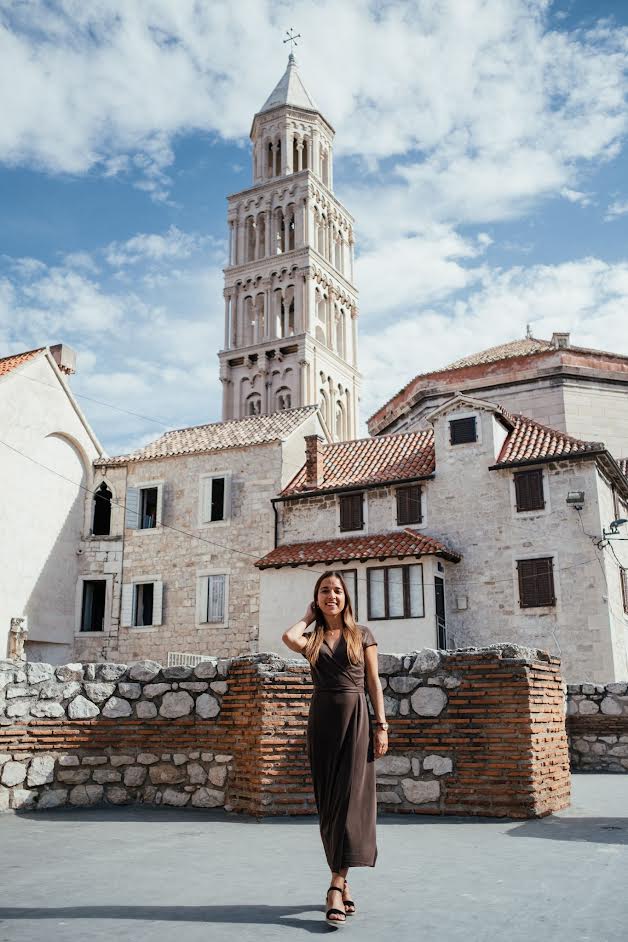
1. Your company Make the Leap Digital sounds like an exciting journey. How did it come to be?
I quit my corporate 9-to-5 office job at LinkedIn’s European headquarters in early 2018 without a solid plan. The only thing I knew was that I wanted to explore the opportunities to work and travel. I booked a ticket to Bali, Indonesia as I knew it was known as one of the most popular destinations for remote workers and digital nomads. I joined a co-working space as I believe in the power of networking with like-minded people such as remote workers and digital nomads and attended organized events, workshops, meet-ups etc. This is how I met my first freelance client, without having a website or even a registered business. Upon return, I decided to cancel my lease and moved all of my belongings to the Netherlands (I was living in Dublin, Ireland at the time) and registered my business Make the Leap Digital to help entrepreneurs and businesses to unlock the power of LinkedIn.

2. I love this line on your website – What if I could teach others how to digitally transform the way they work — perhaps traveling the world while I’m at it?
Tell us firstly how much different your working day and approach is these days? Back in corporate, I was working a traditional 9-to-5 office job and at some point I was even expected to come into the office at 8AM. Since I quit my job, I work whenever and wherever I feel the happiest or most productive. I’ve been a digital nomad for 1,5 years and I’ve worked, lived, and traveled in beautiful destinations such as Bali, Portugal, California, and Colombia. I’m now based in Rotterdam, the Netherlands and mainly work from home but when travel restrictions allow I love to go on a regular “workation” to beautiful places like Croatia for a change of scenery. This really helps to spark inspiration and creativity while having the freedom to travel and explore the country and culture during weekends. I now work with clients around the world from the comfort of my laptop either from home, a co-working space, or a nice cafe. But, most importantly — I am grateful to help my clients to unlock the power of LinkedIn and remote work so they can digitally transform the way they work and they, too, can enjoy the freedom and flexibility to work from wherever they feel the happiest and most productive.
3. And now what about the challenges and obstacles to encouraging people to make that leap. How do people leave their comfort zone and take that leap?
When I quit my job to explore the world of remote work, I had no idea how I was going to make this happen. The only thing I had was a big dream and the courage to take a leap of faith. Based on my experience, I’d say, think about what it is that you’d like to achieve within the next 5 – 10 years, and take small steps towards that big dream or ambitious goal. The best things happen outside of your comfort zone, and sometimes you need to take a leap of faith. Learn to embrace uncertainty and view failures as opportunities for growth. Believe me, the remote work opportunities are endless, especially now the pandemic has accellerated the adoption of remote work by at least 10 years.
4. In Croatia, we are just becoming aware of the remote work opportunity and how it could shift things significantly. Paint us a picture. How do you see the workplace in 5 years?
I believe that the traditional 9-to-5 office job will become obesolete and companies will need to adapt remote work to meet the changing demands of the global workforce. Different studies show that remote work not only increases productivity, but it also provides some key benefits such as lower real estate costs and attracting and retaining top talent worldwide. The traditional workplace will most likely transform into a central hub focused on in-person collaboration, creativity, and community, with an increasing number of co-working spaces. Additionally, companies will need to adopt sustainable remote work policies to digitally transform their workforce from culture, communication, and collaboration in order to thrive in a fully remote or hybrid environment. We’ve just gone through the world’s largest remote work experiment, now it’s time to take those learnings and embrace the potential of remote work in the long term.
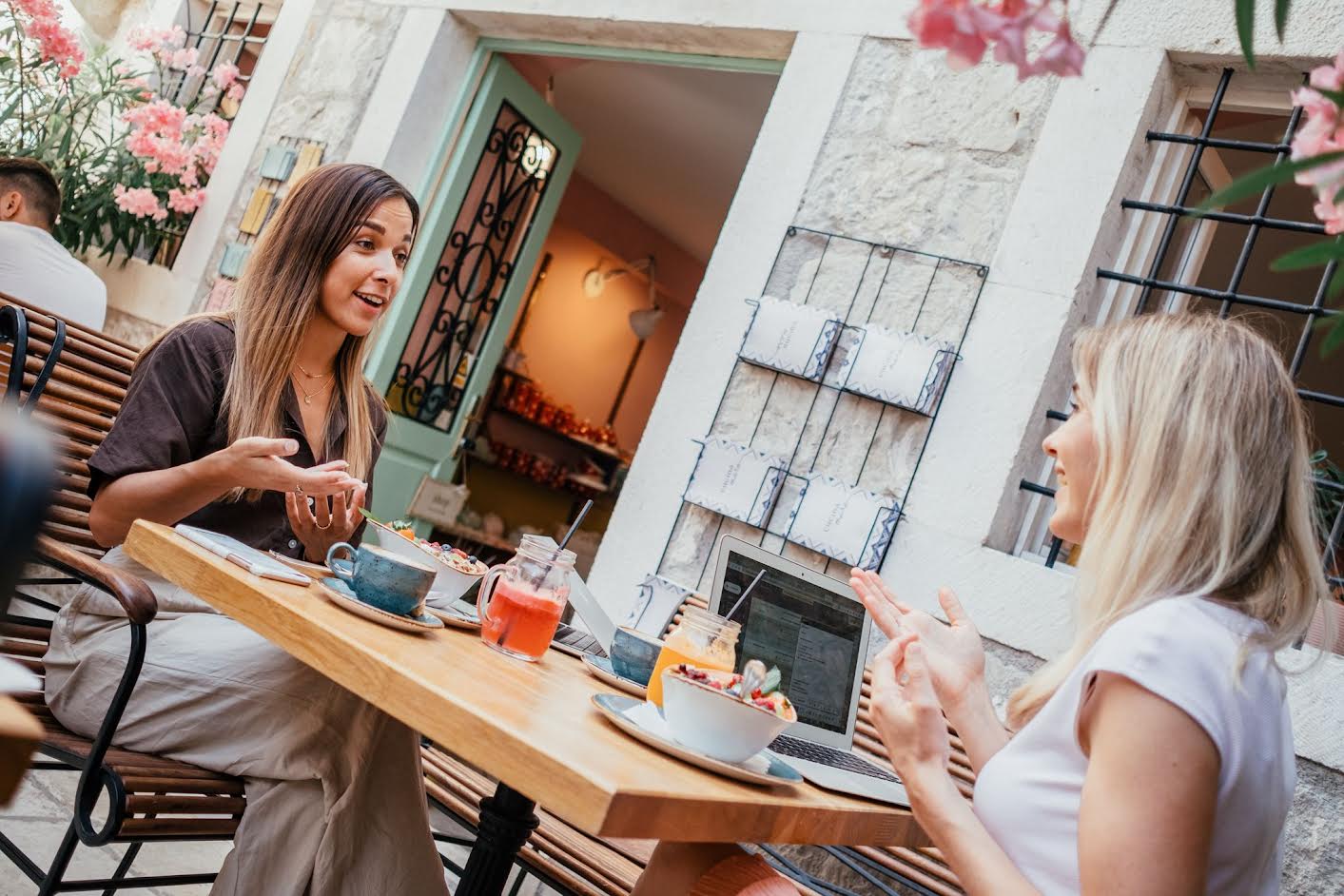
5. How does a city such as Zagreb prepare to meet this changing demand?
I think Zagreb has done a phenomonal job by organizing and hosting the Zagreb Digital Nomad Week recently. At this stage, it is all about connecting different stakeholders from co-working spaces, tourism, hospitaliy, digital nomads and remote work advocates to learn from each other and to make sure everyone is on the same page. Now, the next step is to take small incremental steps towards your common goal to transform Croatia into one of the world’s top destinations. Remember, remote work is a marathon, not a sprint.

6. There is a lot of buzz about Croatia as the next digital nomad destination, especially with the new permit. How does Croatia rate on the scene in your opinion, and can you give us 3 quick wins to improve things considerably.
Having experienced digital nomad life in Croatia for a few weeks now, I can definitely say that Croatia has all the key ingredients to become one of the world’s top destinations for digital nomads and remote workers. You have it all: the culture, warm weather, great food, central location, fast Wi-Fi, and beautiful nature with a combination of mountains, natural parks, and islands with crystal clear water. If there’s anything that Croatia can improve, I’d say focus on providing the best digital nomad experience by 1) investing in inspirational co-working spaces, 2) collaborating with different stakeholders to provide a great infrastructure from flexible gym memberships, mobile phone contracts, co-living arrangements and 3) building a community of like-minded people by organizing local events and meet-ups such as an interactive workshop, networking session, lunch & learn etc.
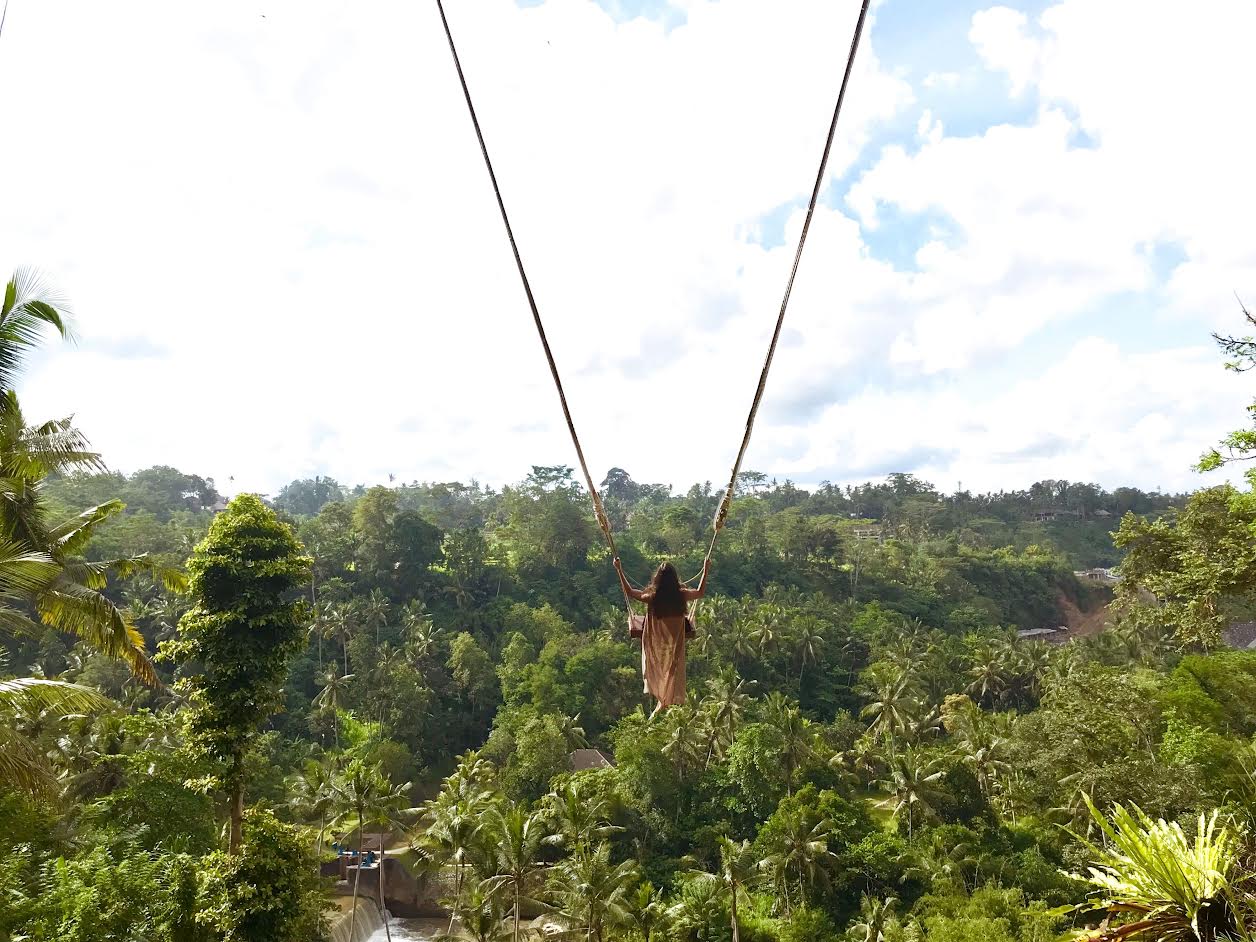
7. Tell us about your role in ZDNW, and why did you decide to come?
I’m grateful for having been invited as one of the keynote speakers at the Zagreb Digital Nomad Week to host a session about LinkedIn – Online Presence and a keynote on The Rise of Remote Work. I’ve been in Croatia briefly in the past, and I always wanted to come back to explore the country and digital nomad scene. It was the perfect opportunity to learn about the culture, food, and digital nomad life while meeting an amazing group of like-minded people. After spending a week in Zagreb, I decided to extend my stay with a “workation” on the coast and visited Split, Hvar, and Brac. The whole experience far exceeded my expectations and I will definitely be back very soon!
You can follow Mandy Fransz via LinkedIn.
For more news and features about digital nomads in Croatia, follow the dedicated TCN section.

